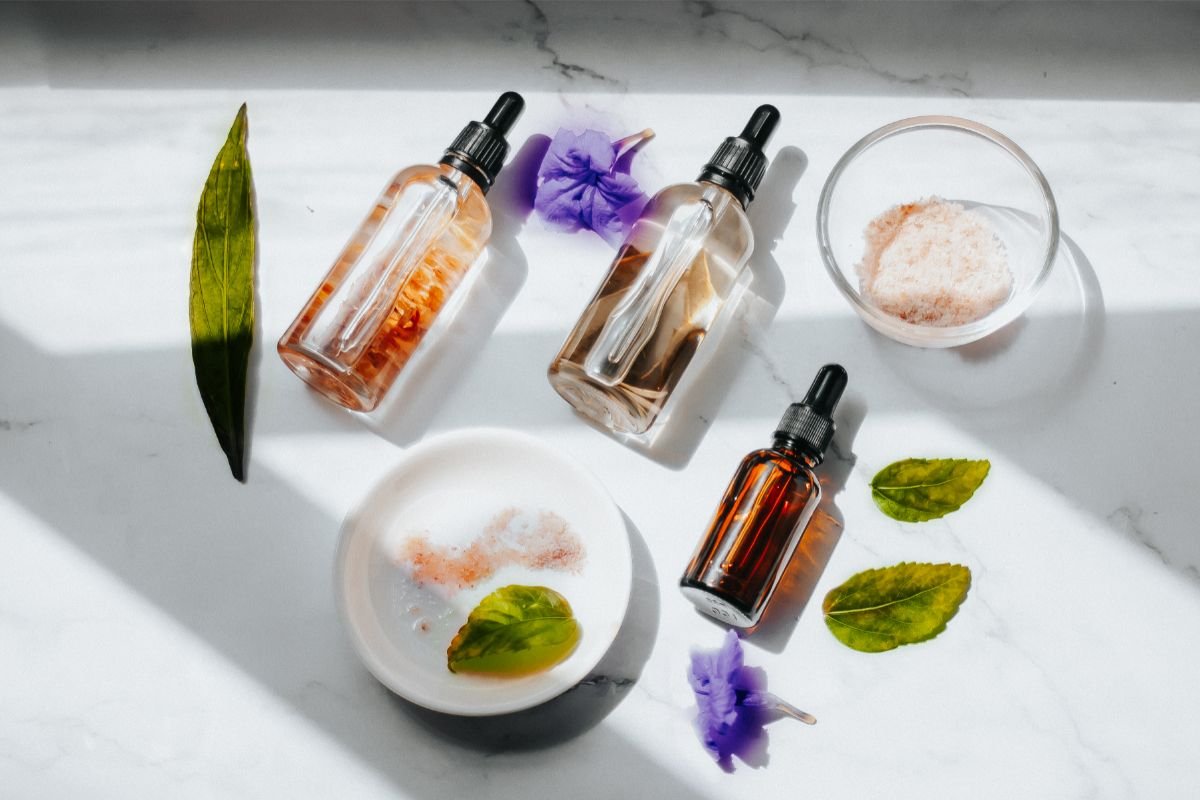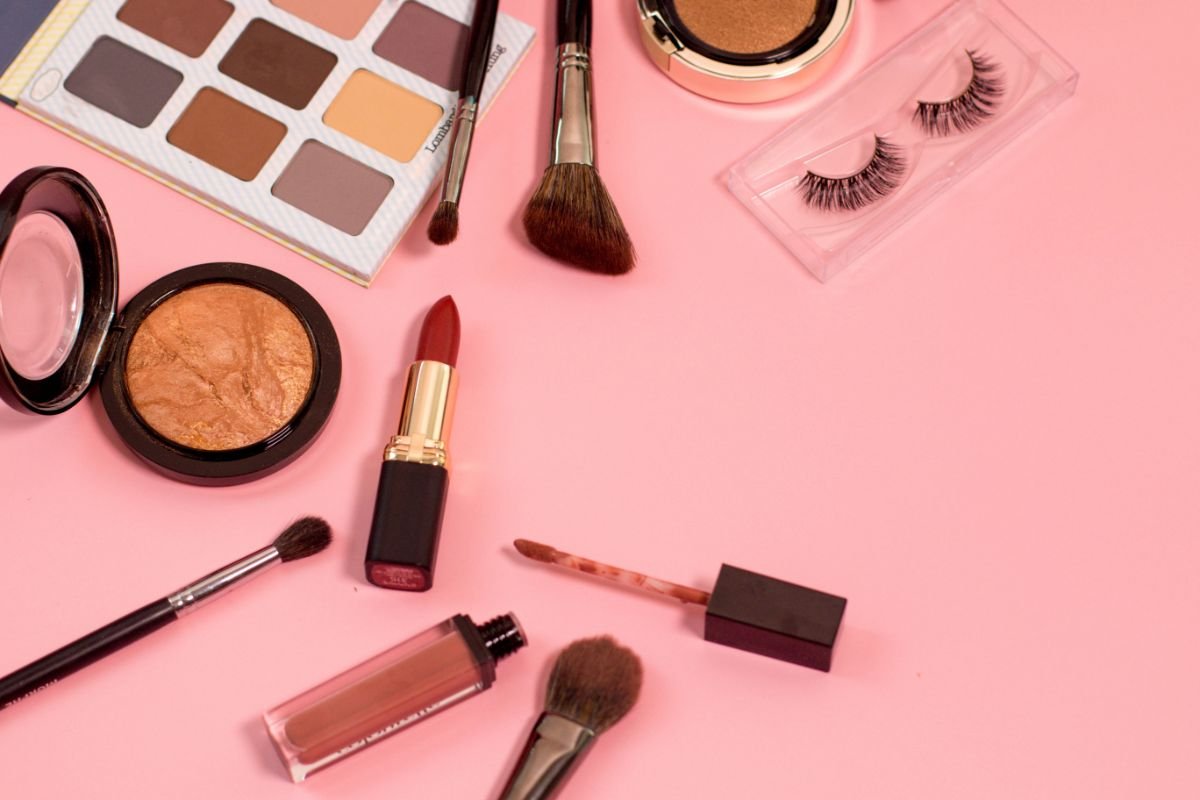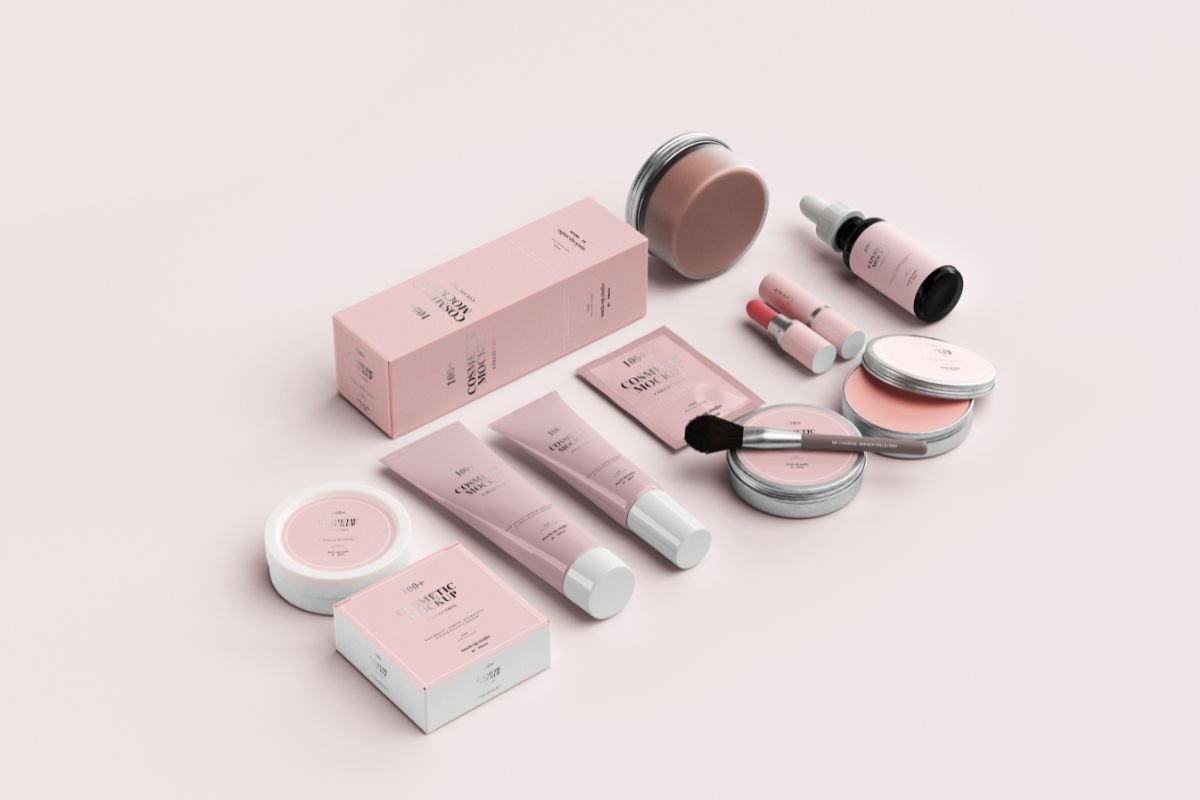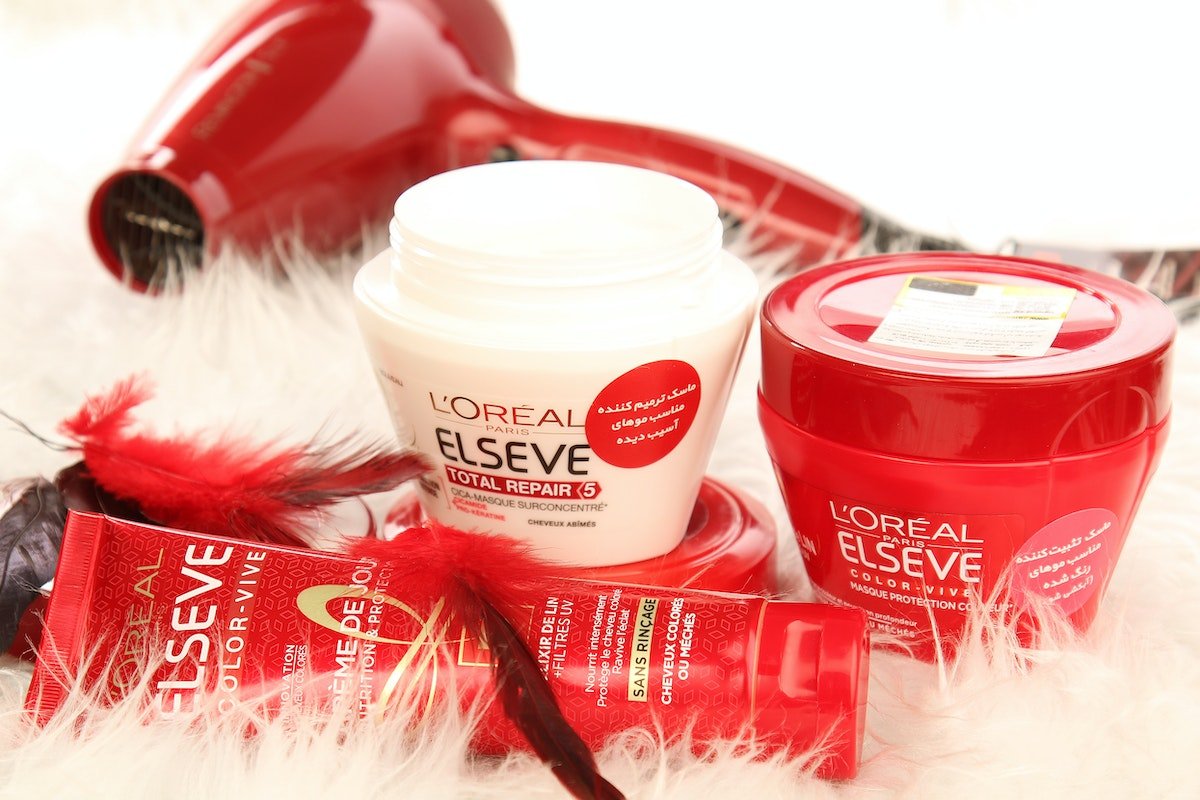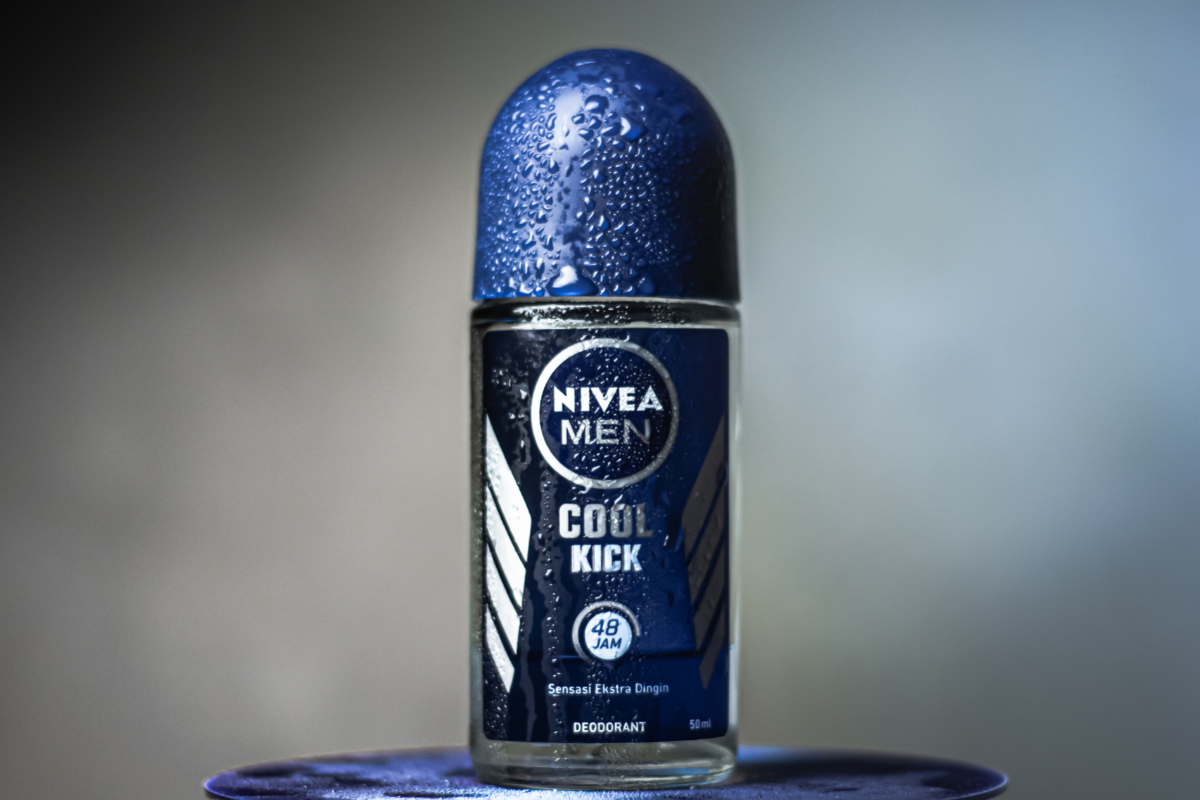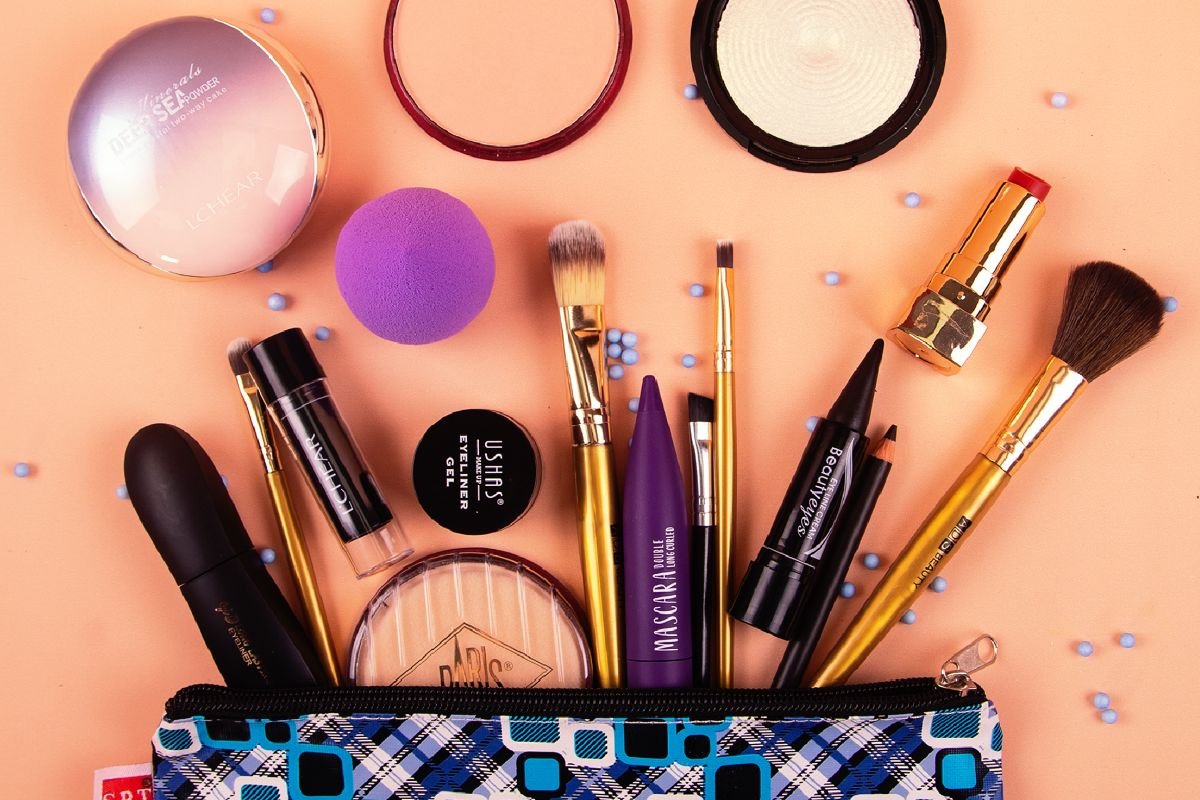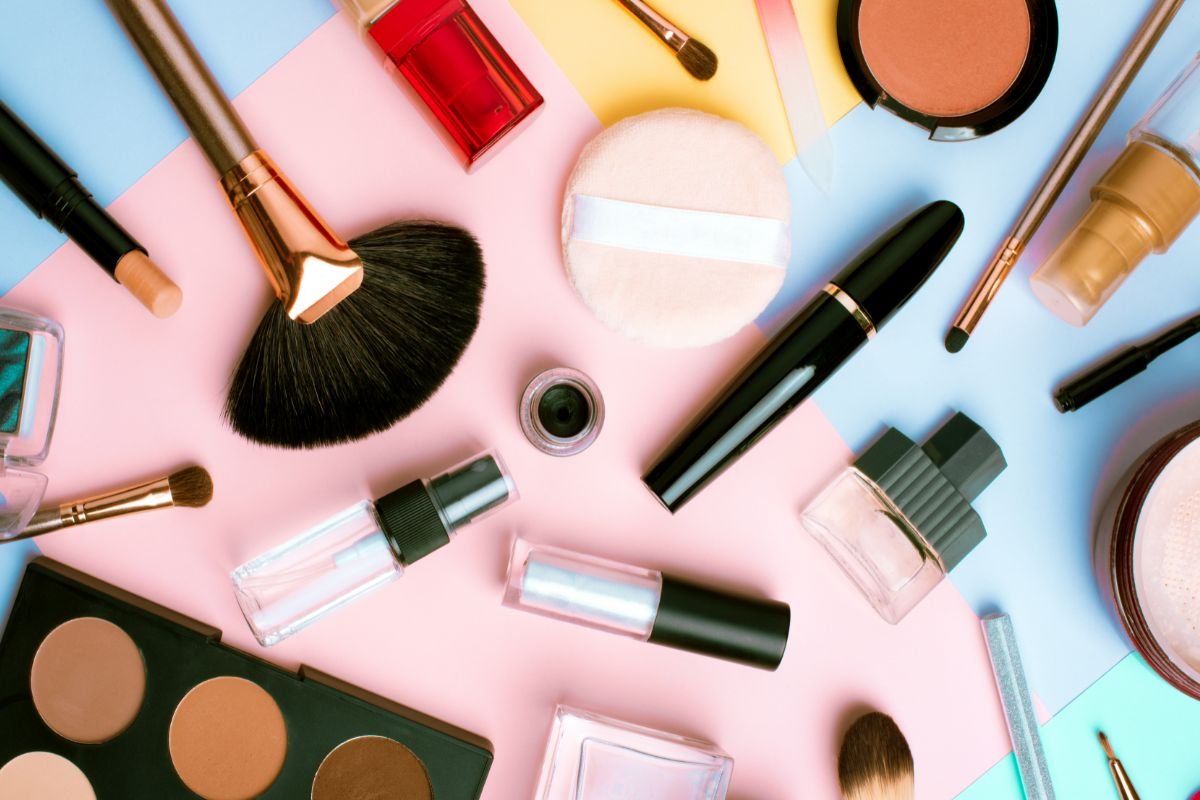There’s nothing more disappointing than buying a new skincare product, only to find out that the brand actually tests their products on animals.
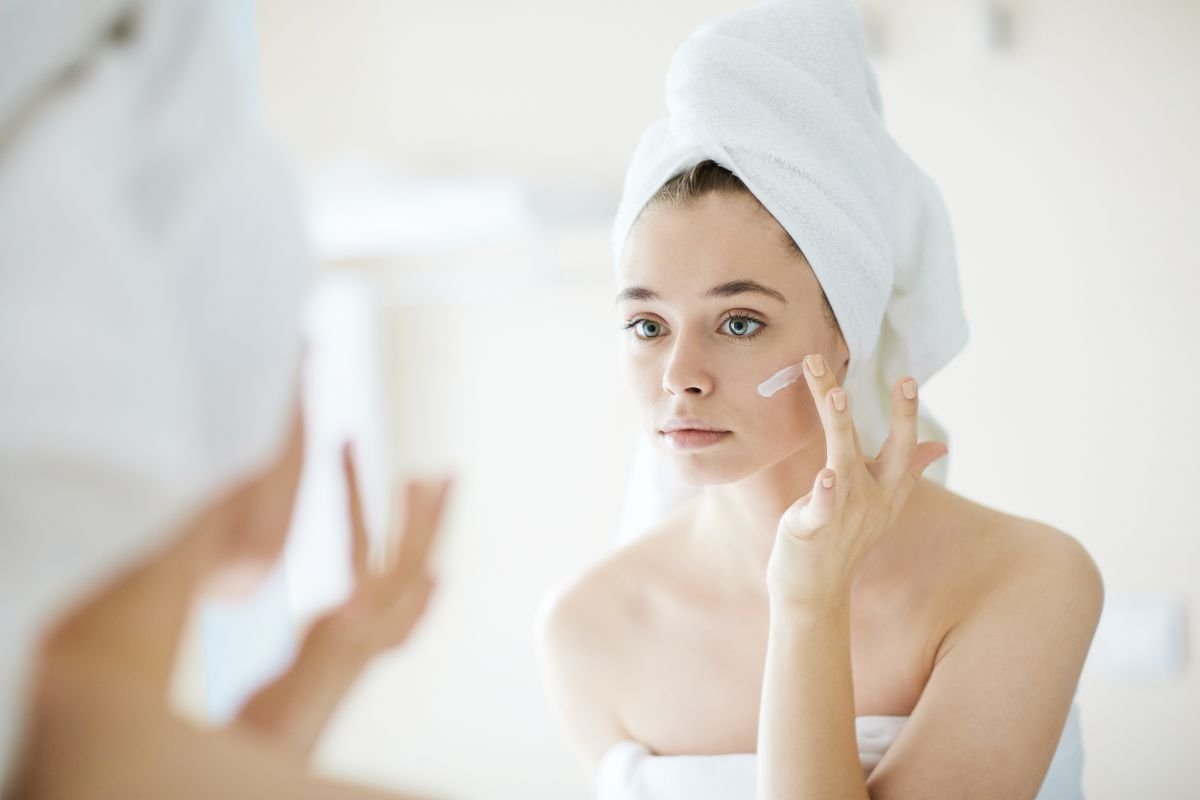
Whether you’re vegan or not, nobody wants to knowingly support a brand that partakes in animal testing, whether it’s a cosmetics or skincare brand.
Nowadays, brands don’t really have an excuse when it comes to animal testing.
So many cosmetics and skincare brands have committed to a cruelty-free existence, but there are still some brands that find loopholes for the sake of selling more products across various countries.
So, what about popular skincare brand CeraVe? CeraVe is one of the most trusted and popular skincare brands in the world, but does CeraVe test on animals? Here’s everything you need to know.
So, Does CeraVe Test On Animals?
Let’s set the record straight – CeraVe does not test their products on animals, however, this does not mean they are entirely cruelty-free.
As with most brands, CeraVe addresses their stance on animal testing on their website, wherein they state that the brand has never and will never test their products on animals. While this might be true, this doesn’t mean that they haven’t found a loophole.
Unfortunately, it’s not common for a cosmetics or skincare brand to be 100% cruelty-free nowadays. The brand might not test its products on animals in its original country of production, but that doesn’t mean that their products won’t be tested on animals elsewhere.
Countries That Require Animal Testing By Law
The only country in the world that requires animal testing on cosmetic and skincare products by law is China (with Russia being a gray area).
While it’s no longer a requirement for products produced in China to be tested on animals, the law applies to internationally produced products that sell in the country.
As CeraVe sells its products in China, this means that all of their products must undergo animal testing before they are stocked on the shelves.
This is enforced under the guise of safety reasons, despite the fact that animal testing is an expensive and laborious process that most other countries no longer bother with.
So, because CeraVe continues to sell their products in China, it is not considered 100% cruelty-free.
While it might be easy to argue that CeraVe should not be sold in China to eradicate this issue, it’s important to remember that China is one of the leading sellers of CeraVe.
Post-Market Animal Testing
Not only does China legally require international products to be tested on animals prior to being sold in stores, but there is also a process known as post-market testing.
Post-market testing allows officials the legal right to pull products from shelves and commit to a series of tests to ensure the safety and public satisfaction of the products.
There are two forms of post-market testing in China – routine and non-routine. While routine post-market testing used to include testing the products on animals, this changed in 2019, meaning that no routine post-market product testing includes animal testing.
However, the same cannot be said for non-routine post-market product testing. It’s not common, but there is always the possibility that non-routine tests will not be cruelty-free.
The reason why it’s not common anymore is that animal testing can cost 5 to 10 times more (and takes far longer) than other forms of testing.
Does CeraVe’s Parent Company Test On Animals?

You’ve also got to consider the stance that a brand’s parent company has on animal testing. CeraVe’s parent company is L’Oréal, which has been on PETA’s list of brands that test on animals for many years.
While L’Oréal states that their products have never been tested on animals, this is not entirely true. This is because L’Oréal continues to sell their products in China, which legally requires international products to be tested on animals prior to being sold.
However, L’Oréal has another loophole that deems them not cruelty-free. Prior to March 2013, L’Oréal would test some of their ingredients suggested by a supplier on animals.
They have since retained these ingredients, meaning that despite the rule change in 2013, L’Oréal still uses ingredients in their products that have previously been tested on animals.
Considering they have lied before, it is safe to assume that L’Oréal will continue to fund processes that test their ingredients and products on animals.
Whether you deem CeraVe cruelty-free or not as a result of L’Oréal’s stance on animal testing is entirely your call. While CeraVe as a brand might not directly test their products on animals, it doesn’t mean that it’s a 100% cruelty-free brand.
Is CeraVe Vegan?
For a cosmetic or skincare brand to be vegan, the products must not contain any animal by-products in its ingredients list.
Some brands will produce only vegan products, while others might have a vegan range – which some vegans don’t feel comfortable purchasing, because they’ll still be paying into a brand that uses animal by-products elsewhere.
CeraVe, however, is not a vegan brand. While they do have a line of products that do not contain any animal by-products, the majority of their products contain something that isn’t vegan, such as honey or lanolin (the wax from sheep’s wool).
As a result, CeraVe is not a 100% vegan brand.
Another reason why some vegans might not associate CeraVe with being a vegan brand is because they continue to sell their products in China, which is notorious for animal testing.
As vegans are against any form of animal torture, this is why some vegans don’t align themselves with CeraVe’s ethics.
Conclusion
So, there you have it! Whether or not CeraVe is cruelty-free and safe for you to buy is entirely your call.
Unfortunately, it’s not common to see a skincare or cosmetic brand that is 100% cruelty-free, meaning you will have to make some compromises when buying these products.
While CeraVe does not test on animals, the brand continues to sell their products in China, which legally requires animal testing on international products. Also, the parent company of L’Oréal is notoriously not cruelty-free, either.
- 15 Amazing Vegan UGG Boots Not To Miss Out On - November 23, 2022
- 15 Vegan Running Shoes To Brighten Up Your Wardrobe - November 23, 2022
- 8 Best VEJA Vegan Sneakers To Buy Today - November 22, 2022




